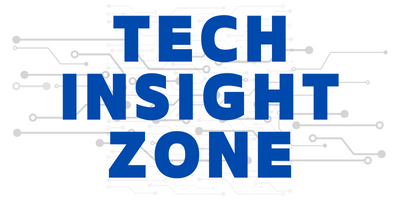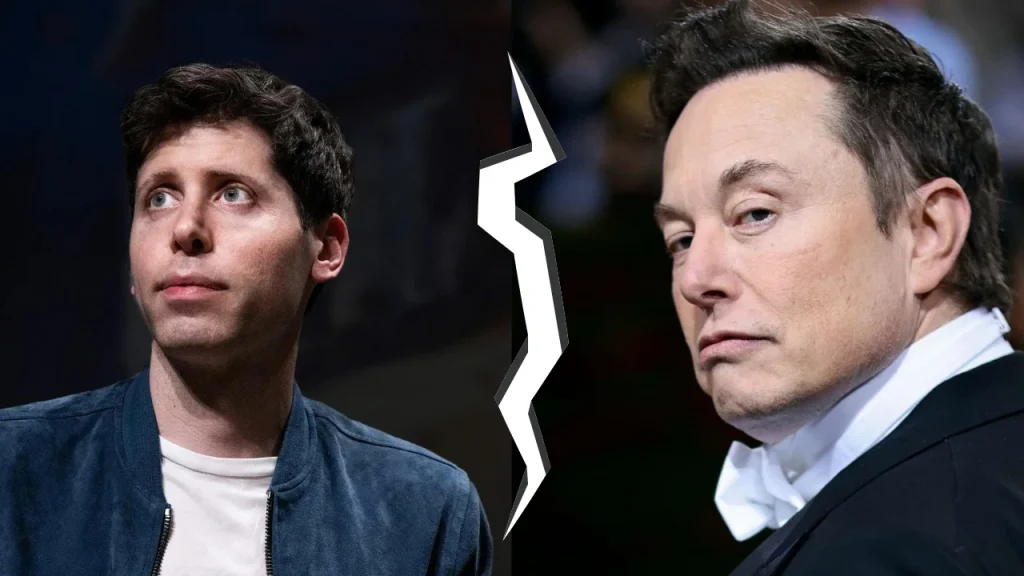The world of artificial intelligence (AI) is a landscape of remarkable potential, intertwined with complex questions about ethics, funding, and the very future of our society. At the heart of this evolving narrative lies the story of OpenAI and Elon Musk, a tale of shared ambitions, strategic clashes, and a high-stakes legal battle.
This unfolding drama raises critical questions that extend far beyond the walls of a courtroom. It delves into the very essence of how we, as a society, approach the development and deployment of this powerful technology.
Join us as we delve into the intricacies of this story, exploring the arguments on both sides and the potential ramifications of the legal battle
Openai Elon Musk Relationship: From Shared Goals to Divergent Paths
OpenAI, co-founded by Musk in 2015, aimed to usher in an era of beneficial AI for all. The organization envisioned a future where AI advancements served humanity as a whole, promoting positive societal and technological progress.
However, the organization soon realized the immense resources required to achieve its ambitious goal of Artificial General Intelligence (AGI) – a hypothetical type of AI capable of understanding and performing any intellectual task that a human can.
This realization led to the exploration of a for-profit structure, a move that sparked a clash of visions.
Musk, a known advocate for responsible AI development, initially envisioned OpenAI as a non-profit organization. However, as the organization grappled with the staggering financial demands of AGI research, Musk pushed for a transition to a for-profit model.
This shift in strategy wasn’t solely driven by financial considerations; Musk also sought significant control over the for-profit entity, a vision that clashed with OpenAI’s commitment to shared governance and preventing any single individual from wielding undue influence over the organization’s direction and decision-making.
This, coupled with disagreements surrounding leadership and strategy, ultimately led to Musk’s departure from OpenAI.
A Lawsuit and Lingering Questions: Profits vs. Principles?
The recent lawsuit filed by Musk against OpenAI accuses the organization of abandoning its original mission in favor of pursuing profits. OpenAI, in turn, has released emails suggesting that Musk himself advocated for a for-profit model and even a potential merger with Tesla.
This public battle has ignited a debate within the tech community, with some questioning the true motivations behind the lawsuit and others pondering the ethical implications of balancing profit with responsible AI development.
One key argument in favor of the for-profit model emphasizes the immense resources required to develop safe and beneficial AGI.
Proponents argue that traditional non-profit funding mechanisms might be insufficient to keep pace with the rapid advancements needed to ensure responsible AI development, potentially hindering progress and leaving the field vulnerable to less ethical actors with greater financial resources.
However, the opposing viewpoint raises concerns about the potential dangers of prioritizing profit over ethical considerations in the development of such powerful technology.
Critics argue that a for-profit model could incentivize the development of AI for narrow and potentially harmful applications, prioritizing short-term gains over long-term societal well-being.
Additionally, they express concerns about the potential for a for-profit model to exacerbate existing power imbalances within the AI landscape, potentially concentrating control in the hands of a select few corporations.
Beyond the Lawsuit: The Broader Implications
The outcome of this legal battle holds significant weight for the future of AI. OpenAI’s success with tools like ChatGPT, a large language model capable of generating human-quality text, has fueled the flames of the AI race, pushing the boundaries of what’s possible. The court’s decision could set a precedent that impacts the direction and pace of development, as well as the distribution of power within the industry.
The question remains: who holds the key to unlocking the ethical and responsible development of AI? Is it through the pursuit of profit, as some argue, or by adhering to the non-profit model initially envisioned by OpenAI?
This complex narrative, with its contrasting perspectives and high stakes, serves as a stark reminder of the challenges and crucial decisions that lie ahead on the path towards a future shaped by AI.
It is a call to action for all stakeholders, from researchers and developers to policymakers and the public, to engage in open and transparent dialogue, collaborate effectively, and prioritize the development of safe and beneficial AI for the betterment of humanity.
As tensions simmer between OpenAI and its co-founder Elon Musk over the pursuit of AGI, a broader conversation unfolds about the trajectory of AI development. This discord echoes the ongoing debate sparked by the emergence of projects like Claude 3.
As we delve deeper into the intricacies of AI’s evolution, exploring whether it heralds a new era or merely adds to the buzz becomes imperative. Understanding these dynamics sheds light on the complexities shaping our AI-driven future.





